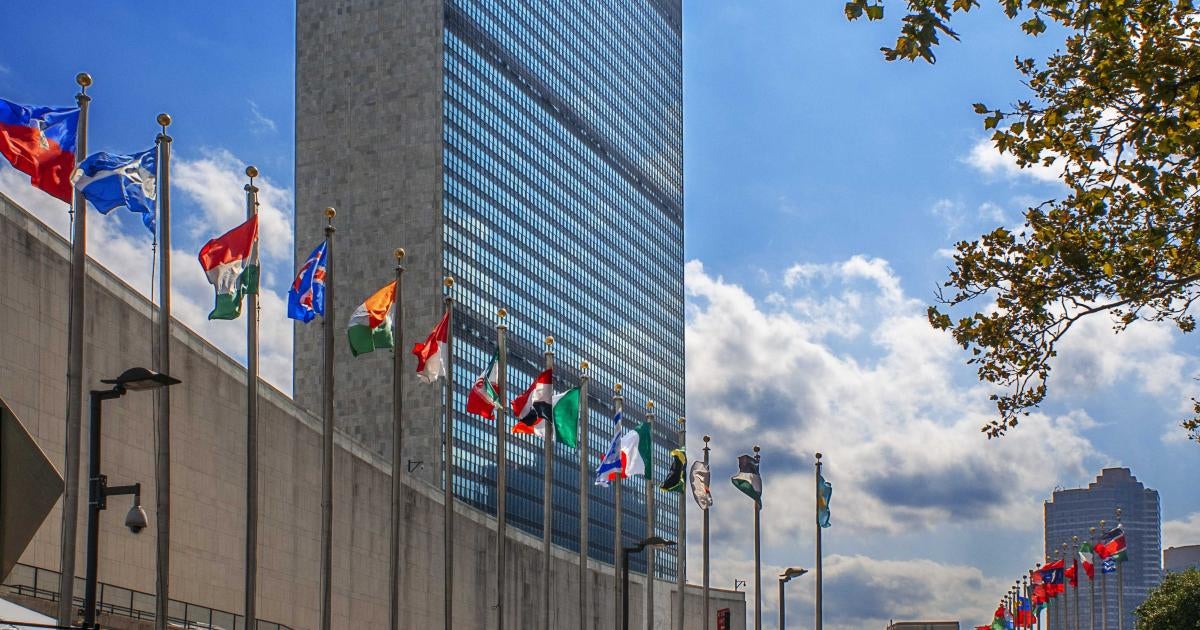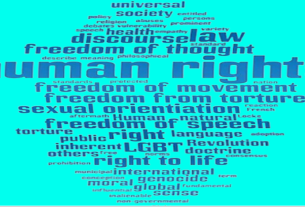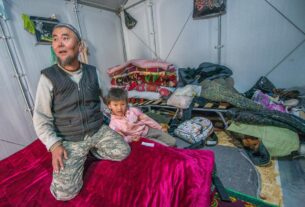(New York) – United Nations member countries should use the Summit of the Future in September 2024 to commit to concrete steps to strengthen human rights while confronting climate change, growing poverty and inequality, and other global crises, Human Rights Watch said. Human Rights Watch wrote to UN delegations with specific recommendations for the next revision of the draft pact.
The UN’s 193 member delegations are currently negotiating the Pact for the Future, which many hope to adopt by consensus at the Summit of the Future on September 22-23 ahead of the annual gathering of world leaders for the General Assembly’s general debate. The pact aims to be a roadmap for strengthening the UN’s ability to address some of the world’s biggest future challenges.
“This is the UN’s chance to get things right for the future,” said Louis Charbonneau, United Nations director at Human Rights Watch. “It is crucial for governments to commit to an ambitious and concrete plan of action aimed at fulfilling all human rights while protecting the planet, promoting economic justice, and ending human rights abuses.”
Although the Pact to the Future will be nonbinding, it presents a critical opportunity to affirm a vision of human rights that can help bridge some of the sharp divisions between governments on some of the world’s most urgent crises, Human Rights Watch said. Governments should aim to strengthen the UN system’s ability to deliver on the UN Charter by protecting and promoting peace and security, development, and human rights.
Other important priorities for the pact include reversing the trend of shrinking space for civil society; strengthening early warning systems to help prevent widespread abuses and violations of international humanitarian law; ensuring that environmental action, including on climate change, is grounded in human rights; ending all forms of discrimination; ensuring accountability for violations of international law; protecting human rights defenders; and strengthening the UN’s overall human rights architecture.
In addition to clearly stating that international human rights should be a guiding principle for the Pact for the Future, member countries should call for aligning economies and the international financial architecture with human rights and offer guidance on doing that, Human Rights Watch said. To achieve this, the pact should reference a framework known as the “human rights economy,” a concept that was developed by a wide range of human rights experts, particularly from the Global South.
“A holistic approach to human rights would offer a framework for reforms that address the root causes of economic injustice and remove barriers to equality by giving greater attention to economic, social, and cultural rights, as well as the right to development and the right to a healthy environment,” Human Rights Watch said in the letter to UN ambassadors.



